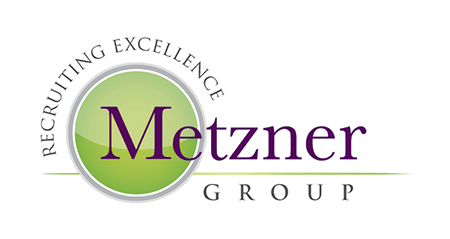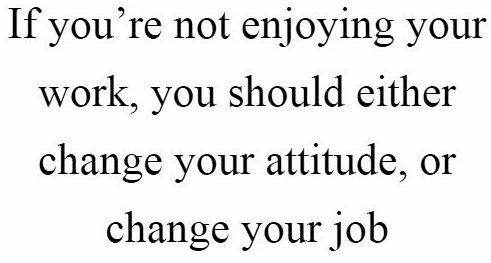
Stalking the Recruiter
More than five years ago I saw a posting from a corporate recruiter on LinkedIn and wrote a blog about it. Very little has changed since that 2010 post!
That corporate recruiter had a status update “…be careful not to stalk the corporate recruiter, but do follow-up.” Numerous discussions continue to take place online from frustrated job seekers. They are scolding recruiters and employers for lack of follow-up. But how do you, as a candidate, stay on the right side of the fine line that divides assertive job seeker and scary stalker?
Let’s assume you have made it through an initial screen and had a phone or in person interview. As a job seeker, how often should you phone or email to follow-up from your meeting? What is proper job seeker etiquette?
You should end your interview by asking the recruiter to explain the hiring process. Ask the interviewer “What happens next?” and “When should I expect to hear from you?” If they tell you what the next step is, then follow it. For example, if the recruiter tells you they have just started the process and expect to complete interviews in a couple weeks, then call them in a couple of weeks. If they do not return your call within 24-48 hours, then send them a follow-up email. If they do not return the email within 24-48 hours, then call them again. After that, move on in your search.
Does every job seeker deserve feedback and closure? Yes. Will you always receive it? No. Demanding closure by calling or emailing the recruiter every hour will not always work, nor will it help your cause — even if you are right.
These past several years have taught all of us lessons. For me, as an architecture, planning, civil engineering recruiter, I try to offer insightful feedback and closure to my candidates. Hiring authorities and corporate recruiters who have been laid off now understand through their own job searches, that timely feedback/closure is necessary after a job interview.
Job seekers are frustrated by overwhelming competition for each job opportunity and rejection. They say,“Tell me I am not a fit for the job and I will understand.” Rarely has a candidate heard that they are not a fit for an opportunity without them then launching into a debate. We as recruiters, whether corporate or headhunter are hired to screen or recruit for the right fit. Hiring managers make that final screen and may reject you for seemingly insignificant reasons. Debating, while human nature, will not change those decisions 99 percent of the time. Being pushy, overbearing and argumentative will only relegate your resume to the bottom of the pile.
Do your best to follow-up with the recruiter after your interviews. Even if you deserve closure and feedback on the status of your candidacy, you may not receive it. Stay professional and move on.
The Metzner Group Blog


Celebrating more than
30 years
An executive search firm, dedicated exclusively to A/E/P recruitment throughout North America.
QUICK LINKS
All Rights Reserved | Metzner Group | Website & Hosting by SovoWeb a division of RedXWebDesign

